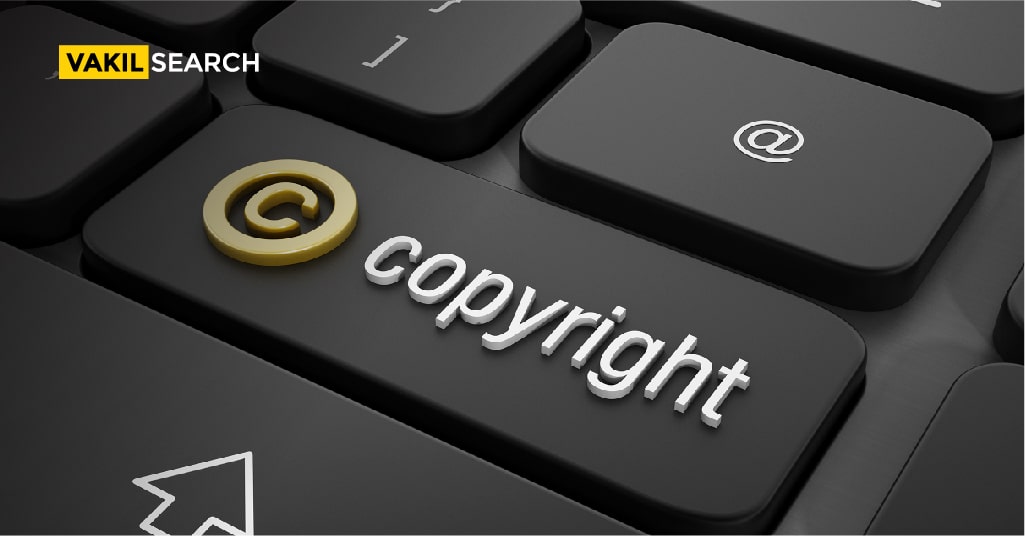Copyright holders can secure legal redress if their work is exploited. Copyright protection also boosts the owner’s ability to monetize their work, which thereby promotes the creative sector.
Copyright is an important subset of intellectual property rights. It is a legal term that describes creators’ rights over their literary or artistic creations. In fact, it is a bundle of rights including, rights of reproduction, communication to the public, adaptation and translation of the work. Read more to know the copyright laws that are currently functioning.
Copyrights Are Divided Into 6 Distinct Categories
- Literary works other than computer programs
- Musical works
- Artistic works
- Cinematography films
- Sound recording
- Computer programs, tables, & compilations
The general rule is that copyrights are valid for a period of 60 years. In the case of original literary, dramatic, musical, and artistic works, the 60-year period begins the year after the creator’s death.
Copyright Laws: Relevant Legislations
Copyright Protection India – The performance rights in copyright law is consistent with the international standards established by the TRIPS Agreement.
A ‘creative work’ has protection under the Copyright Act, of 1957 – which has been amended five times. Further, the latest amendment even contains provisions for circumventing digital piracy. Similarly, the statute broadly classifies copyright in terms of economic and moral rights.
Copyright Laws: Need for Obtaining
Copyright protection offers the owner a wide range of rights, including the right to:
- Reproduce
- Issue copies or perform the work in public
- Adapt/translate the work
- Rent or sell the work.
- Copyright owners also have the option of assigning the copyright to anyone, in part or entirely (subject to limitations).
Although any artistic/literary work is inherently protected from the moment it is created, obtaining copyright protection for one’s creation is recommended because the copyright registration certification is considered prima facie evidence of ownership in courts and by police authorities during a dispute.
Furthermore, copyright law enforcement authorities are not well-versed in intellectual property (IP) laws. Copyright protection is highly recommended for raising awareness about the issue of intellectual property theft and for encouraging more creative talent.
Requirements for Copyright Registration
The process is governed by the Copyright Act of 1957, and the Copyright Rules of 2013. Similarly, any original artistic work, literary/dramatic work, cinematographic film, music composition, sound recording, or software can be copyrighted.
Check Here to More about: https://copyright.gov.in/
Firstly, it is important to satisfy the following conditions before applying for copyright:
- Copyright registration is available for the tangible expression of an idea, and not just a thought/idea. Ensure that your ‘creative work’ satisfies this condition.
- Likewise, ensure that your ‘creative work’ is original and not a copy of someone else’s.
Documents Needed:
- 2 copies of the work.
- Power of Attorney if the copyright application is being made with the help of an attorney.
- Search Certificate from Trade Mark Office (TM -60) if the work is being used on goods or capable of being used on the goods.
- Furthermore, DD or IPO of fee as applicable per work. The government fee varies for different types of work according to the Second Schedule of the Copyright Rules, 2013 starting from ₹500 and going up to ₹40,000.
- No objection certificate(s) (NOC) from:
- the author of the work (if the applicant and author are different)
- the publisher of the work (if the publisher and applicant are different)
- the individuals whose photo appears on the work, if any
- from different copyright holders, in the case of a film or a sound recording
Procedure for the Registering
The Copyright Office has been set up to provide registration facilities to all types of eligible works and is headed by a Registrar of copyrights disclaimer. Moreover, the copyright application can be through the post, by hand, or online.
Online registration through the ‘E-filing facility has been made available since 14 February 2014, allowing applicants to file applications at the time and place of their choosing.
Application for Registration Process
- The application for registration must be made via Form IV (containing a Statement of Particulars and a Statement of Further Particulars) as provided in the First Schedule of the Copyright Rules of 2013. Each distinct work should be registered using a separate application.
- Each application must be accompanied by the requisite fee, as specified in the Second Schedule to the Copyright Rules of 2013, either in the form of a Demand Draft, an Indian Postal Order made to the ‘Registrar Of Copyright Payable At New Delhi,’ or by E-payment.
- The applications must be signed by the applicant or the advocate to whom the Power of Attorney has been issued. The Power of Attorney should be signed by the applicant and accepted by the advocate.
- Once the application is submitted, a Diary Number will be issued, followed by a 30-day required waiting period for any objections.
- Furthermore, if the examiner discovers any objections, they will issue a notice to both parties and hold a hearing.
- After the hearing, if the objections are resolved, the application will be sent for further scrutiny and approval.
The entire process of copyright registration takes about 8-9 months. Check out Vakilsearch’s copyright registration service if you need assistance. Moreover, if you are looking to get copyright registered you can easily get it with Vakilsearch. Further, our experts will handle and oversee the entire process for you, from documentation to the final approval. Get in touch with us today!
Read more:

